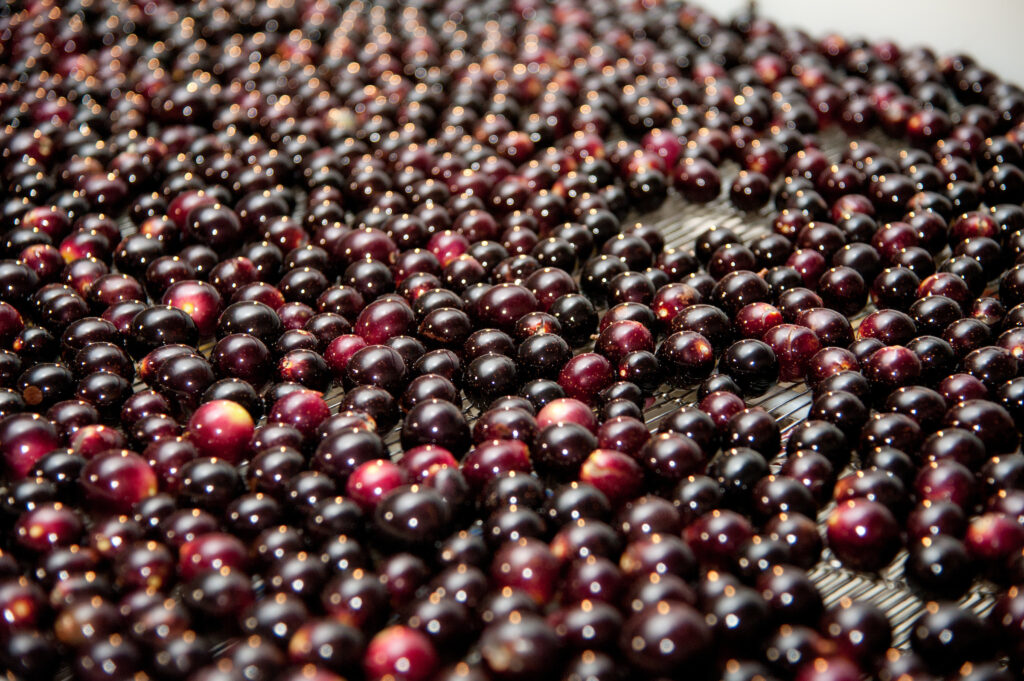Farm Enterprise Development
go.ncsu.edu/readext?824962
en Español / em Português
El inglés es el idioma de control de esta página. En la medida en que haya algún conflicto entre la traducción al inglés y la traducción, el inglés prevalece.
Al hacer clic en el enlace de traducción se activa un servicio de traducción gratuito para convertir la página al español. Al igual que con cualquier traducción por Internet, la conversión no es sensible al contexto y puede que no traduzca el texto en su significado original. NC State Extension no garantiza la exactitud del texto traducido. Por favor, tenga en cuenta que algunas aplicaciones y/o servicios pueden no funcionar como se espera cuando se traducen.
Português
Inglês é o idioma de controle desta página. Na medida que haja algum conflito entre o texto original em Inglês e a tradução, o Inglês prevalece.
Ao clicar no link de tradução, um serviço gratuito de tradução será ativado para converter a página para o Português. Como em qualquer tradução pela internet, a conversão não é sensivel ao contexto e pode não ocorrer a tradução para o significado orginal. O serviço de Extensão da Carolina do Norte (NC State Extension) não garante a exatidão do texto traduzido. Por favor, observe que algumas funções ou serviços podem não funcionar como esperado após a tradução.
English
English is the controlling language of this page. To the extent there is any conflict between the English text and the translation, English controls.
Clicking on the translation link activates a free translation service to convert the page to Spanish. As with any Internet translation, the conversion is not context-sensitive and may not translate the text to its original meaning. NC State Extension does not guarantee the accuracy of the translated text. Please note that some applications and/or services may not function as expected when translated.
Collapse ▲For almost any enterprise a North Carolina farmer decides to implement, NC State Extension offers production guidelines that are proven by land-grant university research and/or endorsed by Extension specialists. This page contains links to the key production guide or resource for almost any enterprise that a North Carolina farmer might consider.
Also note that extra caution should be exercised when contemplating an enterprise when no Cooperative Extension endorsed production methods are available, as it may be so new that reliable production guidelines have not been established, or it may not be adapted to North Carolina growing conditions.
The N.C. Cooperative Extension website also hosts topic-based portals for most enterprises, with comprehensive references and timely updates. Several are listed below, or click “Topics” at the top of this page for a complete list.
Resources for Small-Scale Growers
(Items with * created by NC Farm School)
- Agritourism for Small Farms in North Carolina *
- Market Gardens For Small Farms in North Carolina *
- Pastured Pork For Small Farms in North Carolina *
- Pastured Poultry For Small Farms in North Carolina *
- Sheep and Goat Production for Small Farms in North Carolina *
- Small Orchard
- Small Woodlot
Production Resources for Growers Large and Small
- Aquaculture
- Blackberry and Raspberry Production
- Blueberry Production
- Christmas Trees
- Cut Flowers
- Forage Production
- Grape Production
- Medicinal Herbs
- Mushroom
- Nursery/Greenhouse
- Pecan Production in NC
- Southeastern US Vegetable Crop Handbook
- Specialty Grains
- Strawberry production
N.C. COOPERATIVE EXTENSION TOPIC PORTALS
- Apples
- Aquaculture
- Beef Cattle
- Blackberry & Raspberry
- Blueberries
- Christmas Tree
- Cucurbits
- Corn
- Cotton
- Cut Flowers
- Feed Milling
- Forages
- Grapes
- Industrial Hemp
- Organic Commodities
- Peaches
- Peanuts
- Poinsettias
- Poultry
- Small Grains
- Small Ruminants
- Stevia
- Strawberries
- Swine
- Tobacco
- Vegetables
Also check out the following portals:
*Note that following recommended production methods does not guarantee profitability, and there is no substitute for a comprehensive business plan.



